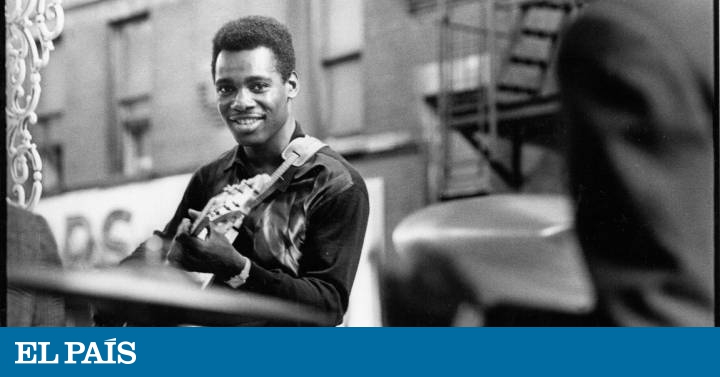FLOW, the Summer School of Polytech Montpellier (University of Montpellier), organized in partnership with the Institut Agro-Montpellier Supagro and the École Nationale Supérieure de Chimie de Montpellier, is supported by the I-Site Montpellier University of Excellence ( MUSE). About fifty foreign students will participate for a period of three intensive weeks, divided between teaching and cultural activities. This year, it will take place 100% in distance from May 25 to June 11. An ambitious program, which responds to the school’s desire for educational innovation and international influence.
An original and innovative educational model
Originally, this summer school had several objectives: to balance exchanges of student mobility with our non-French-speaking international partners, to develop the training offer in English at Polytech Montpellier, to develop the attractiveness of the school, to promote intercultural and multidisciplinary interactions to meet the challenges of a sustainable world… The success achieved confirms the interest in offering an international training offer on societal issues.
“The originality of the program is that it is aimed at Bachelor level students (equivalent to the License) and not at Masters or PhD students, like most summer schools, explains Laetitia Palmade, teacher and FLOW co-organizer. The objective is to make them discover the engineering professions in an international and interdisciplinary context and, why not, create new vocations! “
Indeed, participants will be invited to reflect on the major industrial challenges of tomorrow, by following one of the following three scientific paths: “Food, Living Organisms, Water”; “Sustainable Energy and Materials”; “Data Information and Processing”, each representing 45 hours of multimodal and interactive scientific activities (courses, projects, virtual tours, etc.), supervised by teacher-researchers and researchers, to which are added 15 hours of linguistic activities and cultural. The school will also offer an innovative and interdisciplinary course, focused on Sustainable Development, in connection with the 17 United Nations Sustainable Development Goals (SDGs).
An innovative and tailor-made program, intrinsically linked to the three major challenges (Nourish, Protect, Treat) of the I-site MUSE, which supports this operation.
Cultural mix and diversity
This year, due to the health context, the summer school is organized separately: “We see real opportunities there, explains Éric Anglaret, deputy director for international relations. ATu beyond the target audience primarily face-to-face – students from partner universities in the United States and Asia -, we will welcome students who would probably not have been able to make the trip for financial reasons or for academic calendar reasons, particularly from ‘partner universities in Brazil, Ecuador, Kenya, Georgia … The remote organization will also be an opportunity to experiment with new teaching methods, with an emphasis on interactivity, collaboration and multiple -disciplinary.”
The first edition attracted 30 students in 2019. This year, around fifty students were selected, of 22 different nationalities. A mix and diversity that make up the specificity of this summer school, whose unifying concept strengthens our regional partnerships, such as with the Institut Montpellier SupAgro and the École Nationale Supérieure de Chimie de Montpellier, which participate in its organization.
It is also a good example of collaboration, as with the Center for Support to Educational Innovations of MUSE, or CHARM-EU, European University of which the University of Montpellier is a part, which also support this project.
Due to a lack of activities in the field, the summer school will offer a series of video clips this year, with, for example, the study of the fauna of a river or the visit of the Odeillo solar oven (CNRS laboratory / University of Perpignan).
Thus, the Polytech FLOW Summer School, in the context of the current pandemic, makes it possible to reflect on new forms of internationalization of training. Living this intercultural experience with so many nationalities is a way of recreating an intercultural environment, combining educational innovation and social ties, which leads Polytech Montpellier and its partners to rethink modes of international collaboration, by opening up real perspectives for the future.
–

